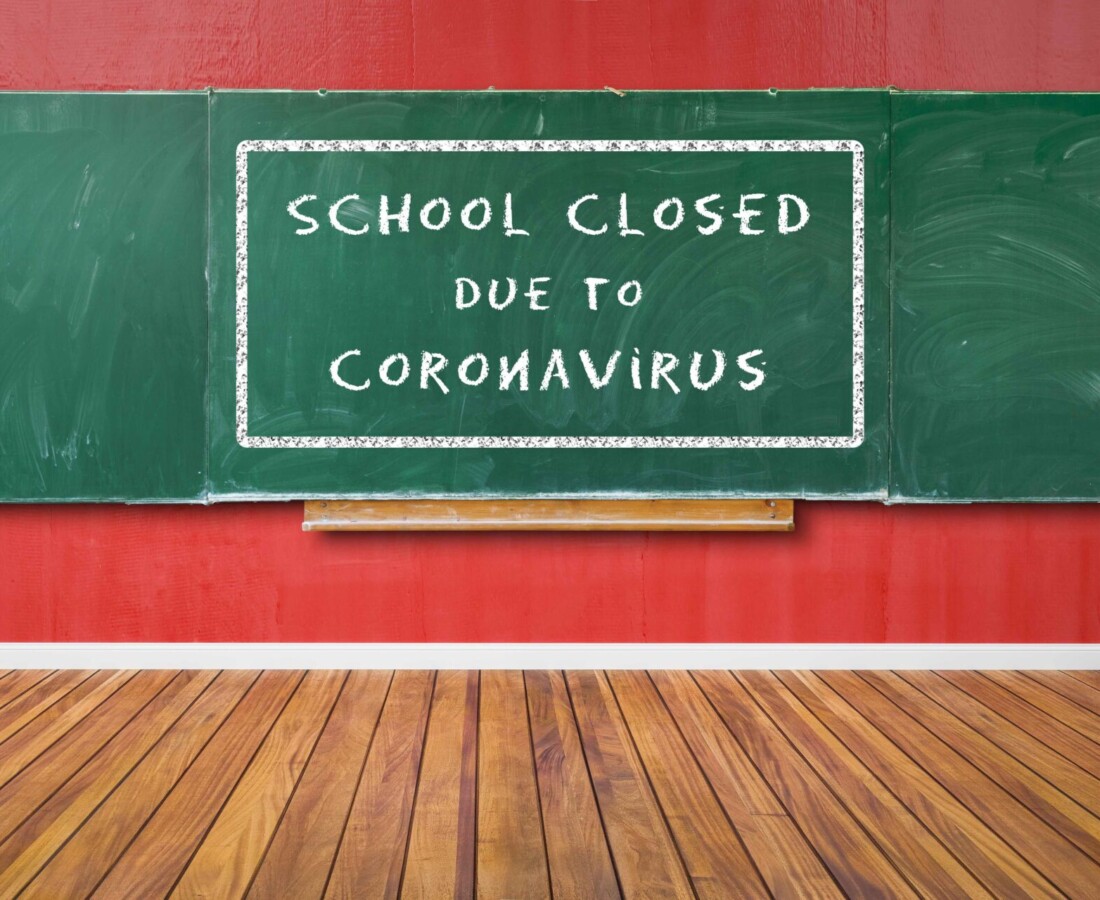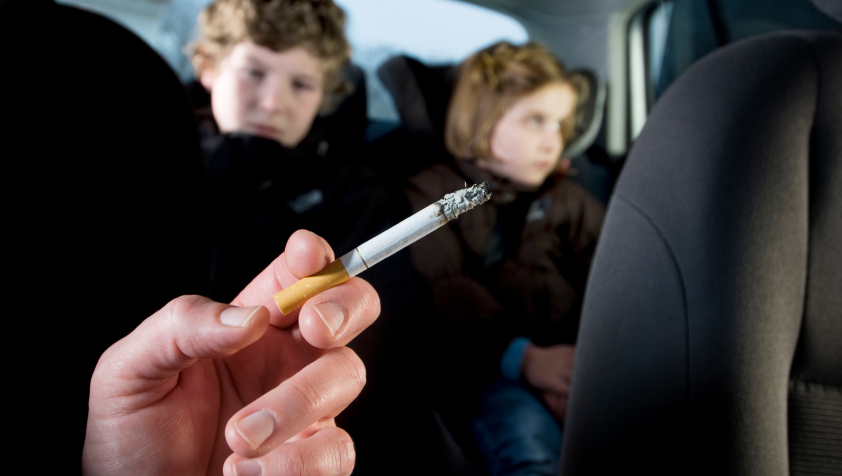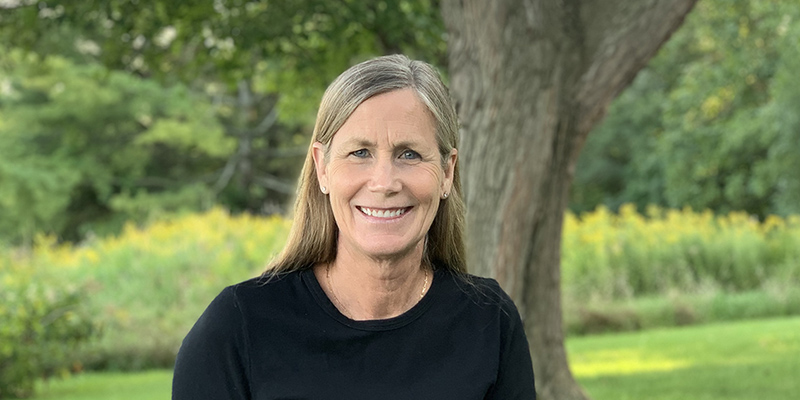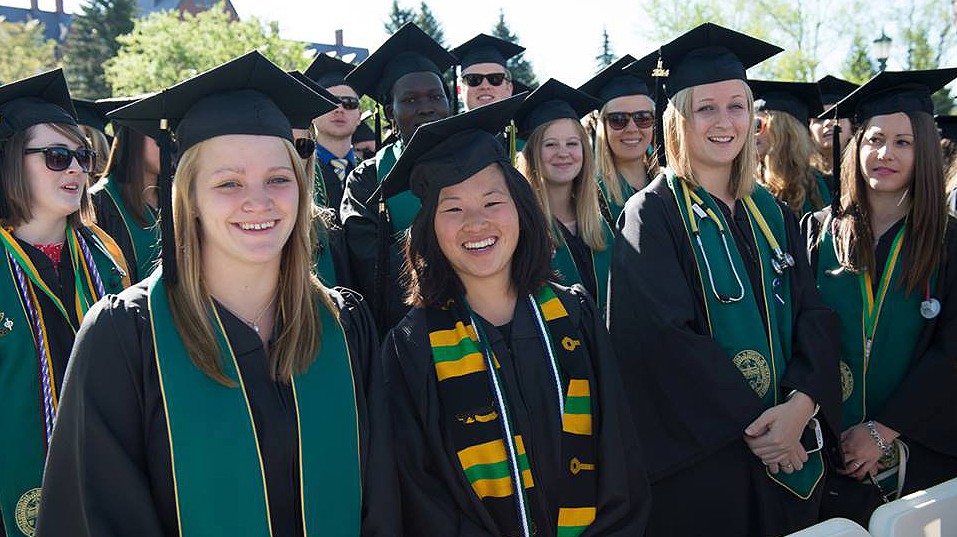By Kate Whitney
And just like that, our schools were closed.
Graduation parties and proms were cancelled, SATs were put on hold, campuses were shut down for prospective student tours, school districts moved classes (sometimes clunkily) to remote learning, and everyone was left wondering how to move forward in this period of nationwide uncertainty and anxiety.
To help high school students answer some of the many questions that are being raised about their academic futures in light of the pandemic, UVM recently hosted the free, informational webinar, Preparing for College When High School Is Closed. Panelists included Bruce Barton, Director of College Counseling at Holderness School, Holderness, New Hampshire; Patti Tomashot, School Counseling Director at Stowe High School, Stowe, Vermont; and Sarah (Sally) Hobart, Senior Associate Director of Admissions at UVM.
High School Students Should Continue to Prepare for College
With so many changes occurring so quickly, colleges and universities are making constant adjustments to accommodate prospective students, from making virtual college tours available to updating their testing policies, to switching on-campus pre-college courses to a fully online format.
“There are certain things you can control and there’s certain things you can’t,” Hobart said, encouraging students to keep returning to college websites to look for updates on admissions policies and other prospective student information. “But your day-to-day performance in your classes is something that’s very much within your grasp so that’s something we’ll [college admissions staff] will pay a lot of attention to.”
Tomashot and Barton provided a checklist for parents and high school students to help ensure that high schoolers are keeping on top of grade-appropriate measures to remain competitive and involved in the process of preparing for higher education.
9th and 10th Graders:
- Continue to do well in classes
- Review course choices with counselor
- Explore interests and possible careers
- Learn about colleges—participate in virtual college tours, explore websites (see additional resources below)
- Consider job shadows for next year
- Explore options for summer—have a Plan A and a Plan B
- Start building your resume—keeping track of activities, awards, and community service
- Follow your grade-level checklist (see additional resources below)
11th Graders:
- Prepare for AP exams
- Continue to do well in classes
- Stay involved (meet virtually with your clubs, organize meetings, create self-driven projects)
- Practice for the ACT/SAT/SAT subject tests
- Consider flexible pathways alternatives (dual enrollment, internships, independent study)
- Participate in school workshops (Building a College List, Writing a College Essay, College Virtual Resources, Starting the Common Application)
12th Graders:
- Prepare for AP exams
- Continue to do well in classes
- Prepare for college
- Review/read all correspondence from your college
- Complete any financial aid paperwork
- Update your school system indicating college choice (e.g., Naviance)
- Review college updates: orientation, computer requirements, first semester start date, services offered, placement exams, housing options, meal plans
- Dorm room prep
A Guarantee Amidst Uncertainty
For high school seniors who are feeling reticent about making plans for the future or starting college this fall, the panelists introduced UVM’s fully online Guaranteed Admission Program, designed for students who are unsure about their career goals or had a discouraging high school GPA, or even those interested in exploring a more flexible approach to higher education, and now offered in conjunction with our virtual Enrichment Learning Community, providing additional academic, career, and social support.
Staying Engaged Throughout the Summer
In spite of the pandemic, Barton and Tomashot encouraged students to keep the big picture in mind and to look for opportunities to build their experience. Examples included learning CPR, participating in the Pre-College programs at UVM, exploring Dual Enrollment opportunities, volunteering for a political candidate, (virtual) tutoring of a younger student, exploring non-profit work in your community, enrolling in a prep course (PSAT, SAT, ACT), community service, or finding part-time work or internships.
“Don’t take your foot off the gas pedal,” Barton advised. “There’s nothing easy about this for anyone involved on either side of the desk, whether it’s at the secondary level, the high school level, or at the higher ed, university level—we’re all facing a need to be kind and patient, both with ourselves and with others. But I think the soundest advice here is that […] the student controls what she or he can control. They must go into class, they must participate fully, they must be as engaged as they possibly can if they want to, in fact, do best for themselves as they prepare for college.”
Additional Resources and Opportunities for High School Students and Parents:
Parent and Student Resource Guide
UVM Guaranteed Admission Program




